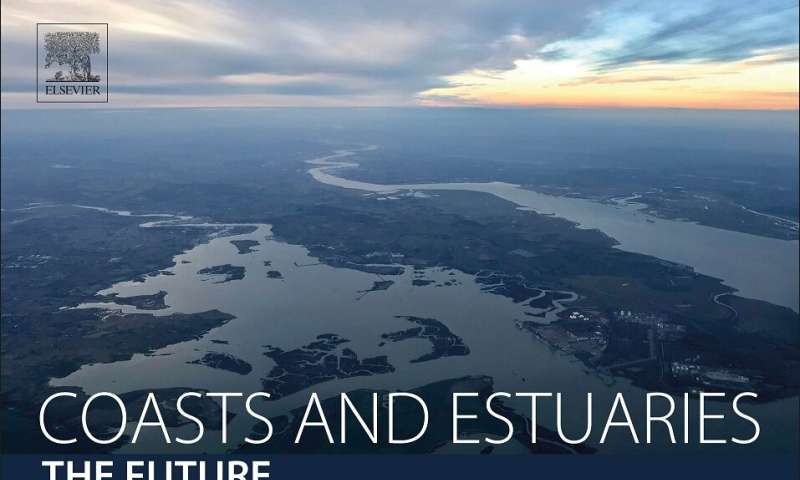LSU Researchers Collaborate on New Book about Coastal Threats

BATON ROUGE – Five interdisciplinary collaborators from LSU have contributed to Elsevier's newly published book, "Coasts and Estuaries: The Future." This comprehensive book of more than 700 pages catalogs and proposes sustainable solutions to coastal and estuarine problems impacting about 40 percent of the global population that lives near large bodies of water.
According to John Day, Distinguished Professor Emeritus in LSU's College of the Coast & Environment and one of the book's co-editors, these issues are complex and multifaceted, involving large areas, many users and sociopolitical-environmental mosaics. A renowned and often-cited expert on estuarine ecology in deltas around the world, Day has authored more than 400 publications focusing on the ecology and management of coastal and wetland ecosystems.
"Collaborating with scientists on publications like this one raises awareness of imminent threats to our coastal future and allows us to explore in-depth some potential cutting-edge solutions. This type of collaboration is a core LSU value, which is evident by how many of our colleagues wanted to contribute to this book," Day said.
The chapter, Mississippi Delta Restoration and Protection: Shifting Baselines, Diminishing Resilience and Growing Nonsustainability, by Day; Craig Colten, LSU Department of Geography & Anthropology professor; and G. Paul Kemp, LSU Department of Oceanography and Coastal Sciences adjunct professor, examines the social and environmental factors that have made the Mississippi Delta so important to the lives and livelihoods of Louisiana residents. They conclude that Louisiana's Coastal Master Plan, which seeks to restore and protect portions of the coast, faces challenges due to sea-level rise, population retreat and limits on cheap energy sources. They offer recommendations for enhancing the coastal restoration program going forward.
Chris D'Elia, professor and dean of LSU's College of the Coast & Environment, first-authored a chapter that analyzes the Chesapeake Bay Watershed's future prospects for ecological health. An original participant in the Environmental Protection Agency's Chesapeake Bay Program, he and co-investigators documented historical degradation of water quality in the bay. D'Elia and co-authors Morris Bidjerano and Tim Wheeler evaluated recent improvements vis-a-vis goals envisioned in the 1988 report, Population Growth and Development in the Chesapeake Bay Watershed to the Year 2020. Specifically, D'Elia considered efforts to mitigate nutrient enrichment in the watershed and the bay itself. The chapter concludes that proper land use management and bold governmental leadership are critical and that unanticipated benefits accrued from reducing airborne emissions of NOx gases from automobiles and other sources.
"This book will help educate stakeholders so they can make informed decisions. Many of the issues occurring in the Chesapeake Bay Watershed are occurring in other watersheds, globally. By working together with other scientists and speaking in one voice, we are much more likely to create lasting change," D'Elia said.
Another notable LSU contributor, Peter Clift, LSU Department of Geology & Geophysics professor, has been working on the Indus River and Delta since 1997. He co-authored the chapter, The Indus Delta—Catchment, River, Coast and People, which raises questions about how increased upstream water use threatens people and wildlife on the coast. It give examples of how damming has negatively impacted downstream lakes and ecology and how soil salinization has led to the loss of available agricultural land.
All of LSU's contributions to "Coasts and Estuaries: The Future" illustrate the urgency of creating a future that will benefit human safety, the economy and the natural environment with sustainable long-term solutions. More than 200 LSU coastal and deltaic researchers campuswide have in-depth expertise on constantly changing coastal and estuarine conditions in Louisiana and around the world.
-30-
Contact Christine Wendling
LSU College of the Coast & Environment
225-578-4984
[email=christinew@lsu.edu]christinew@lsu.edu[/email]
Alison Satake
LSU Media Relations
225-578-3870
[email=asatake@lsu.edu]asatake@lsu.edu[/email]
Provided by Louisiana State University